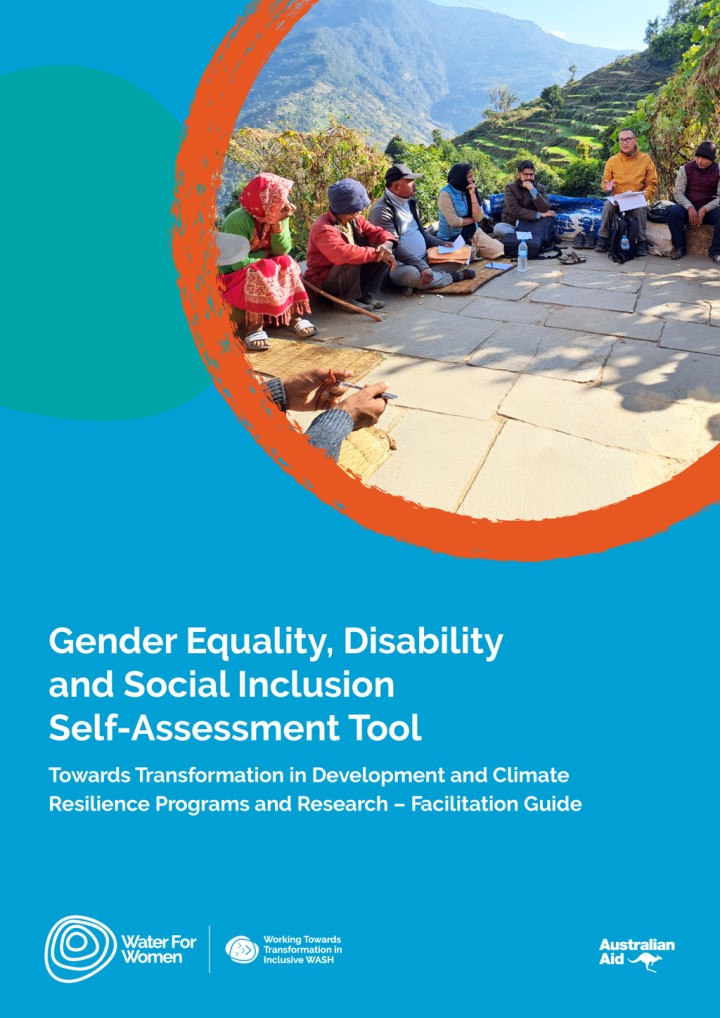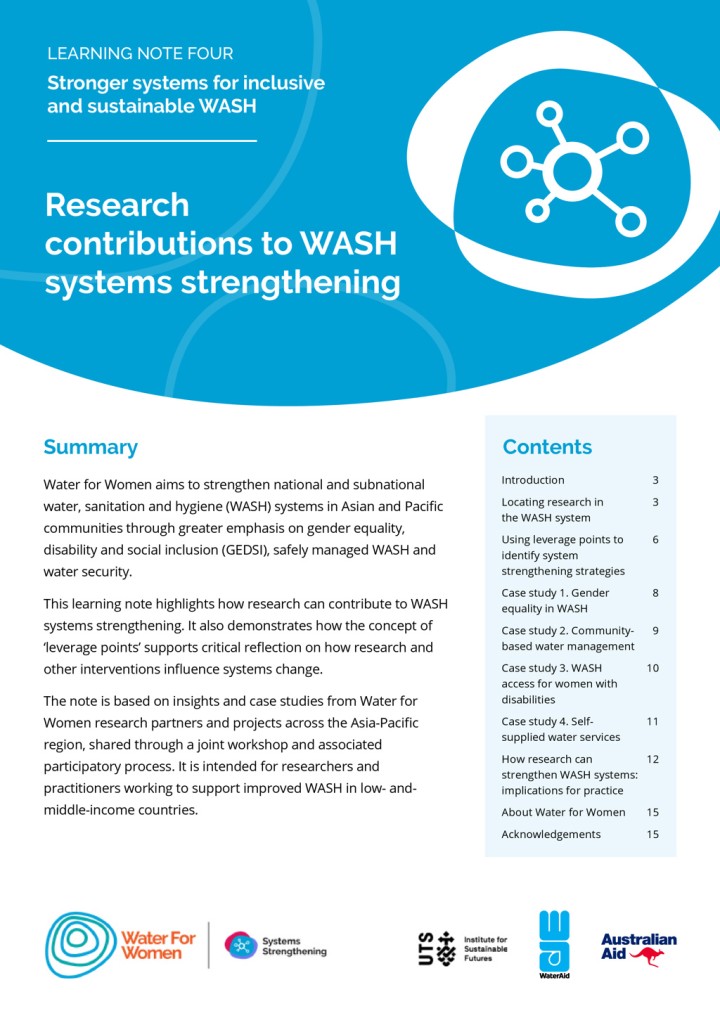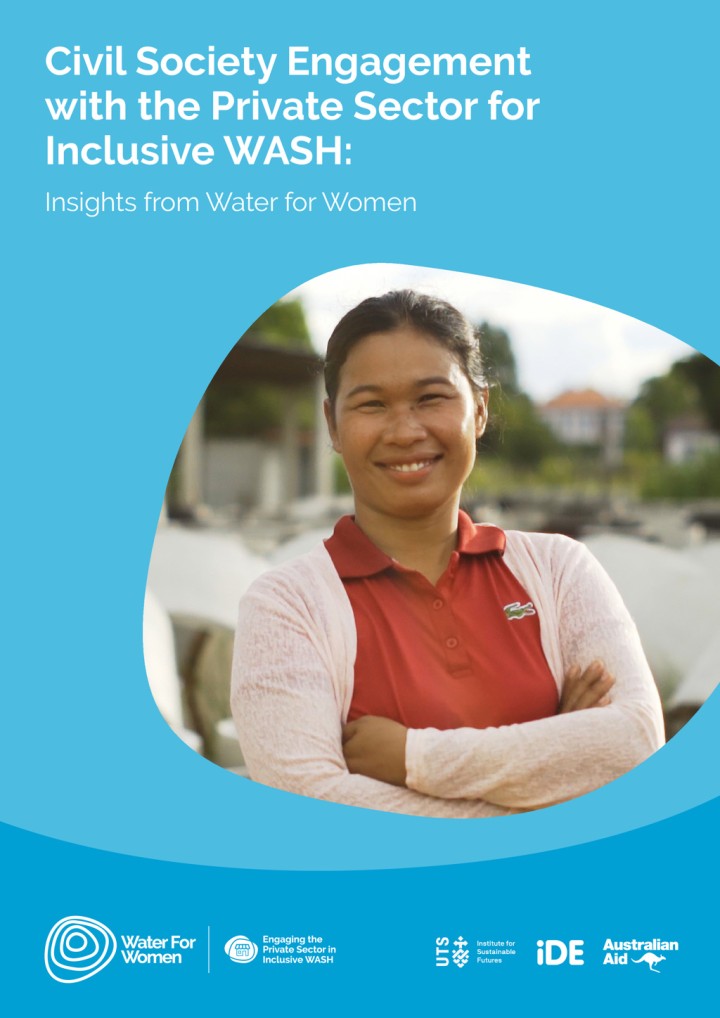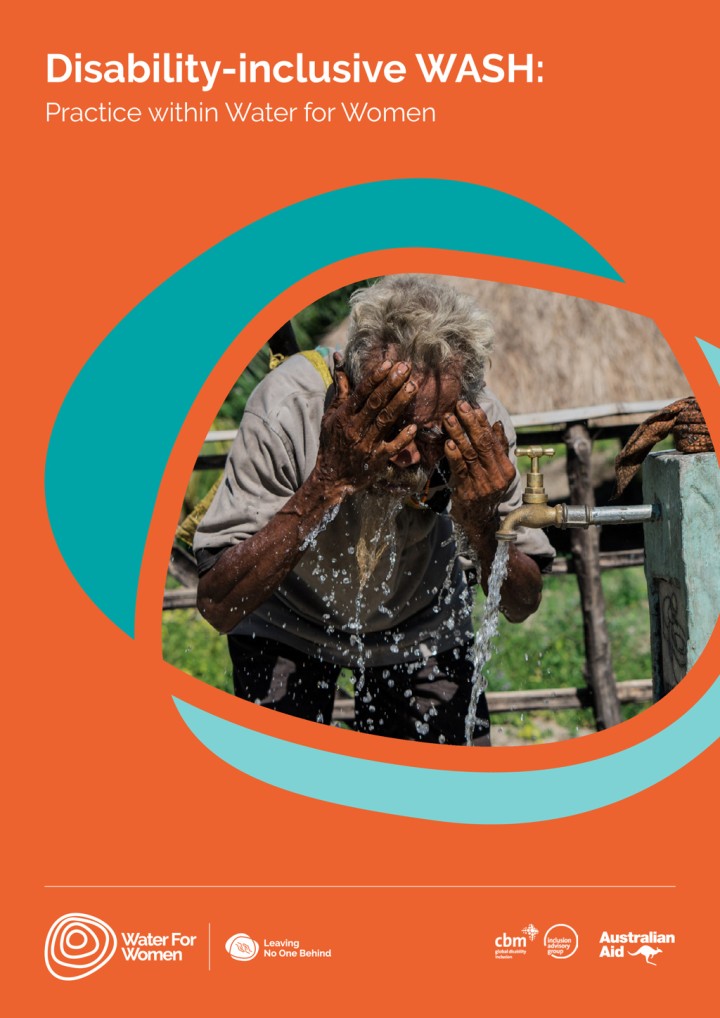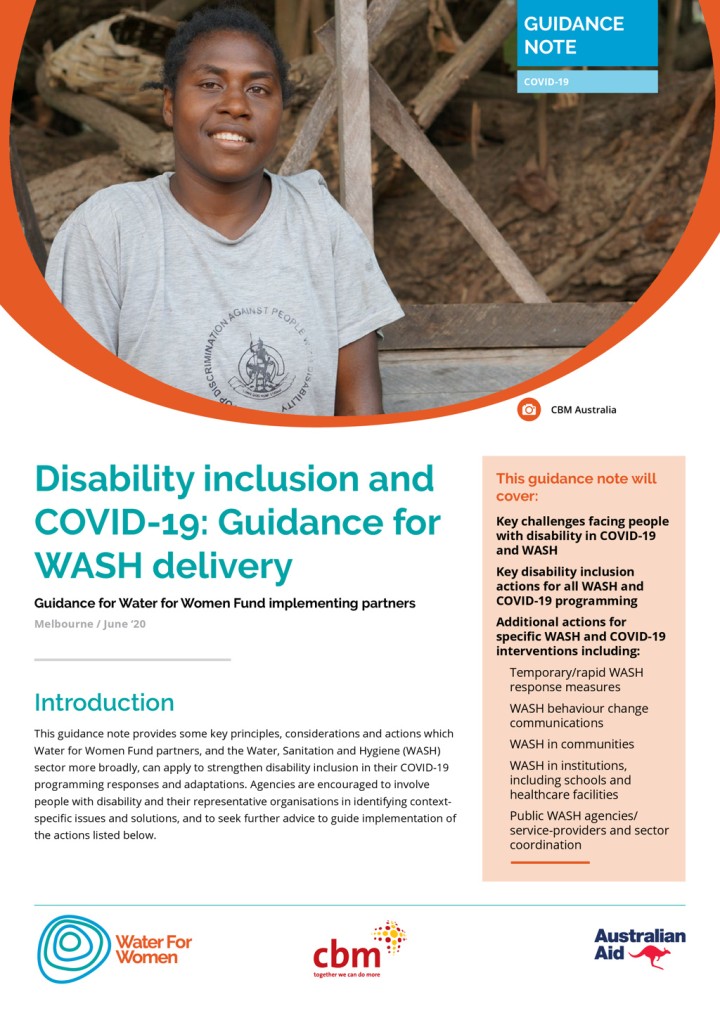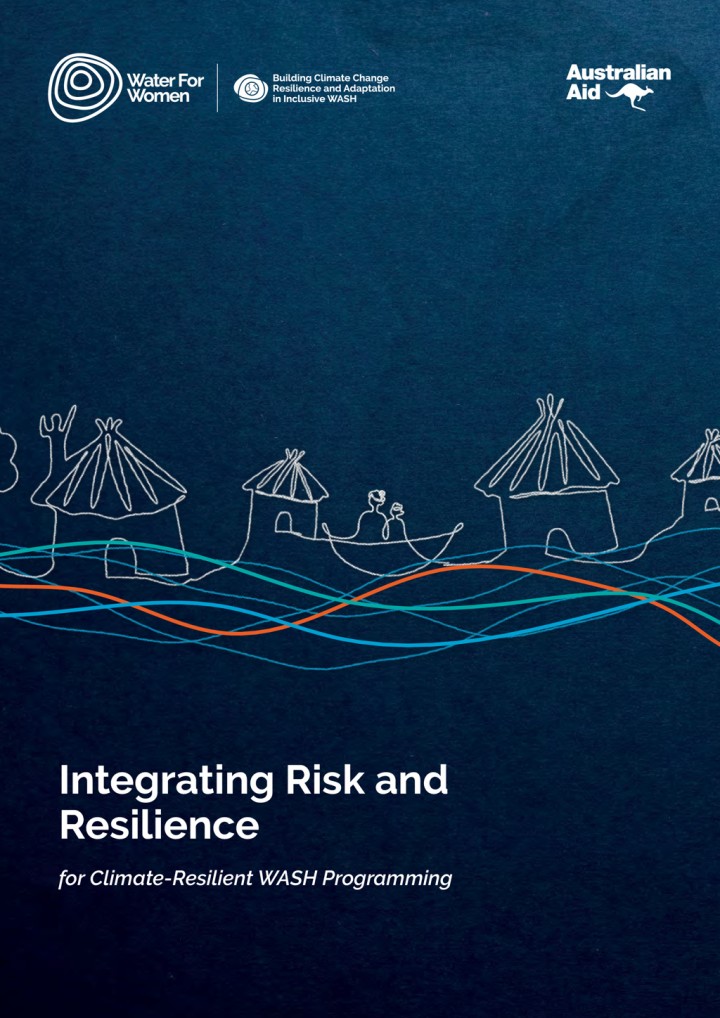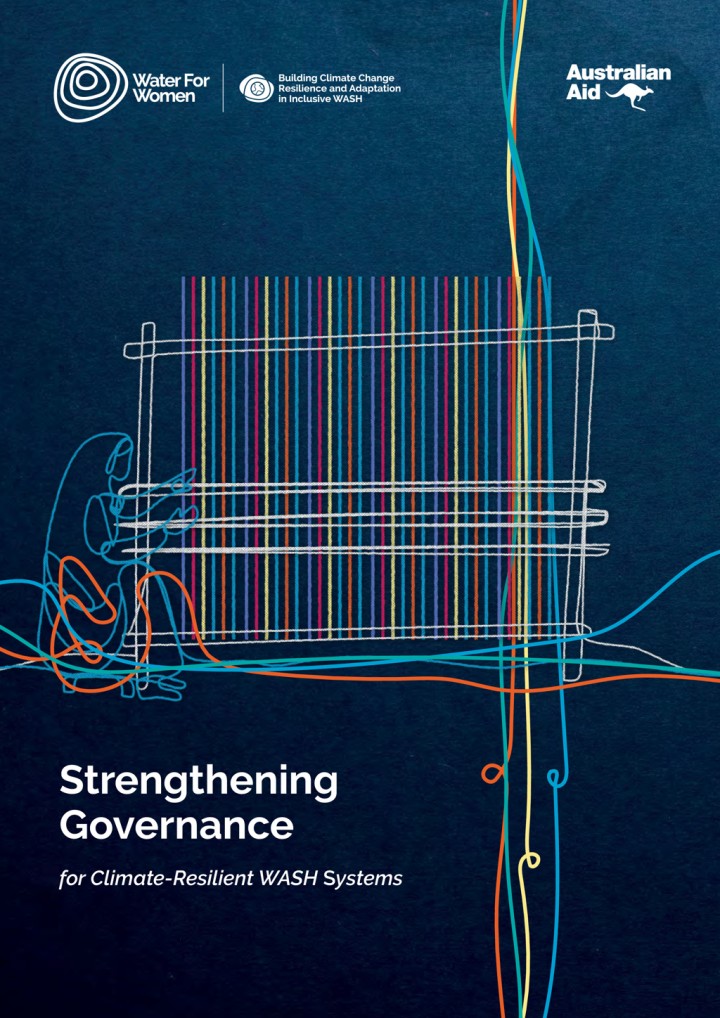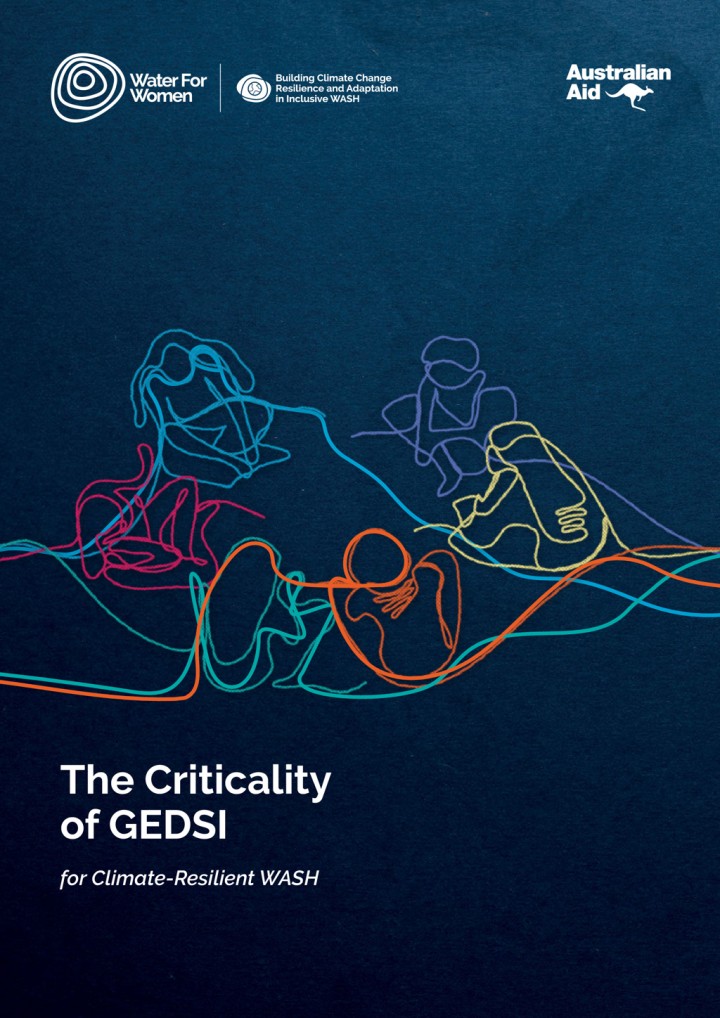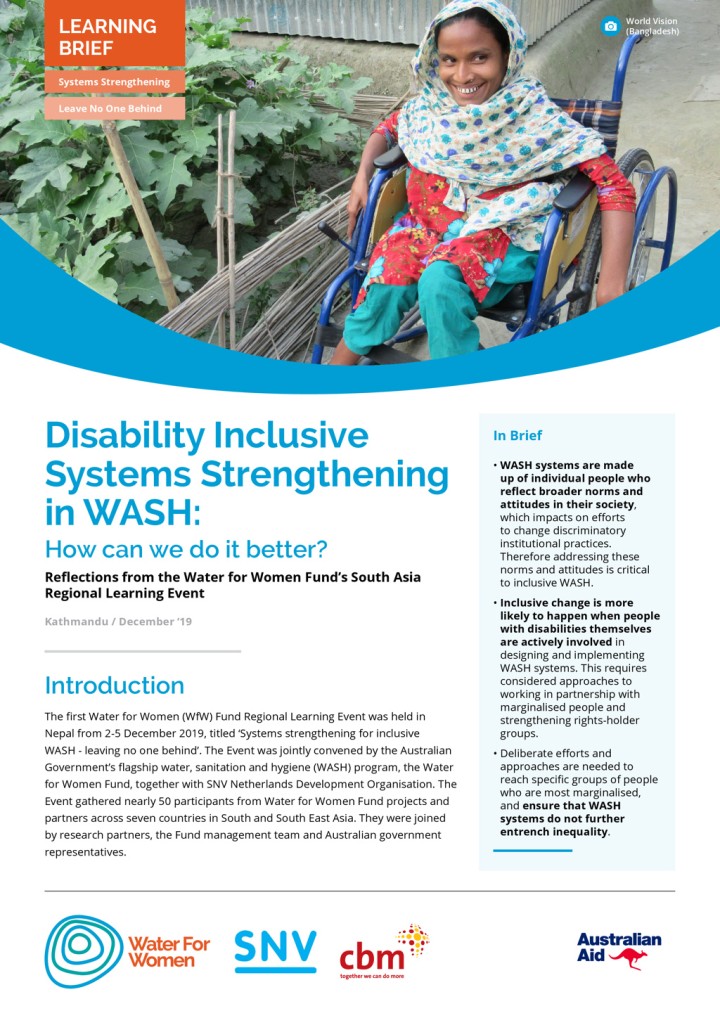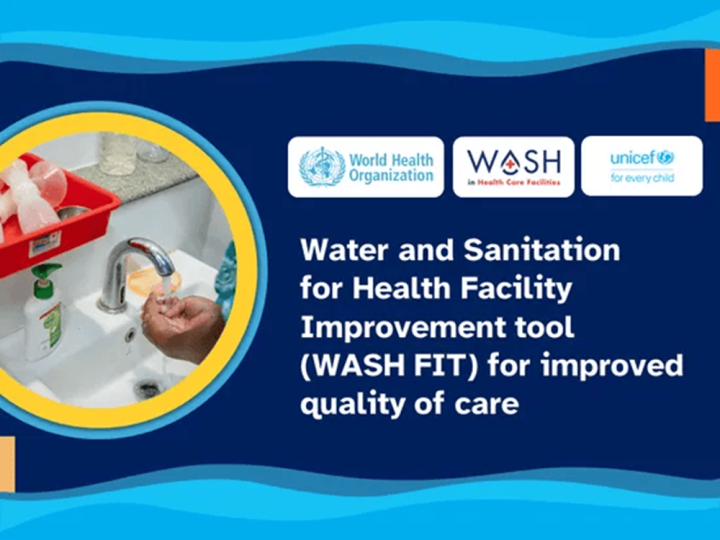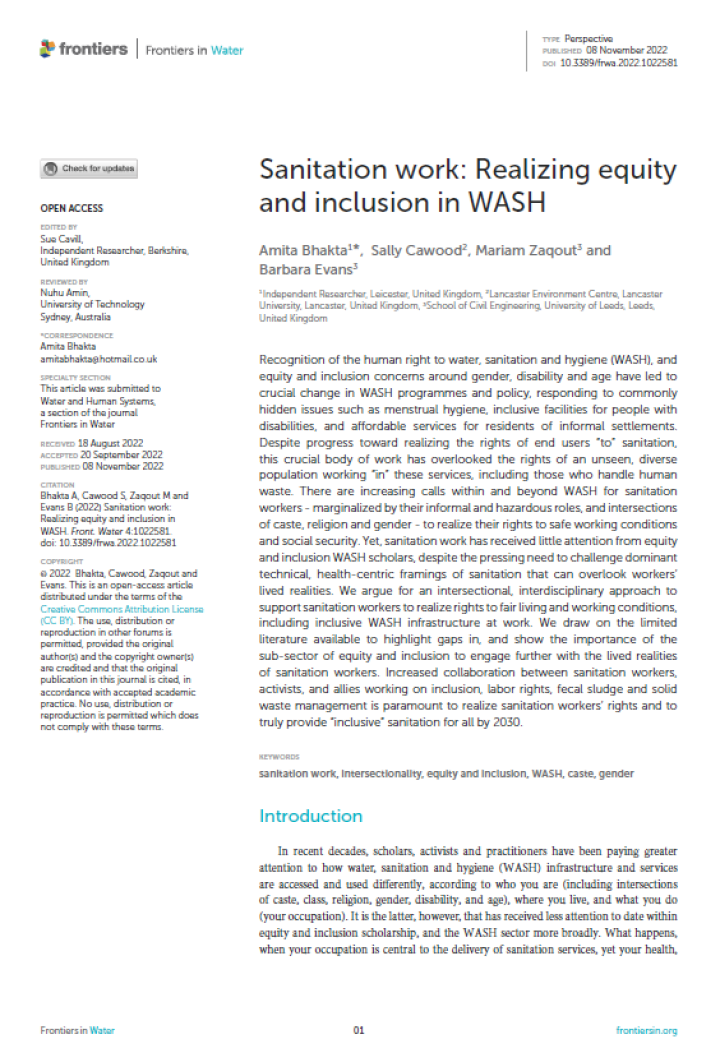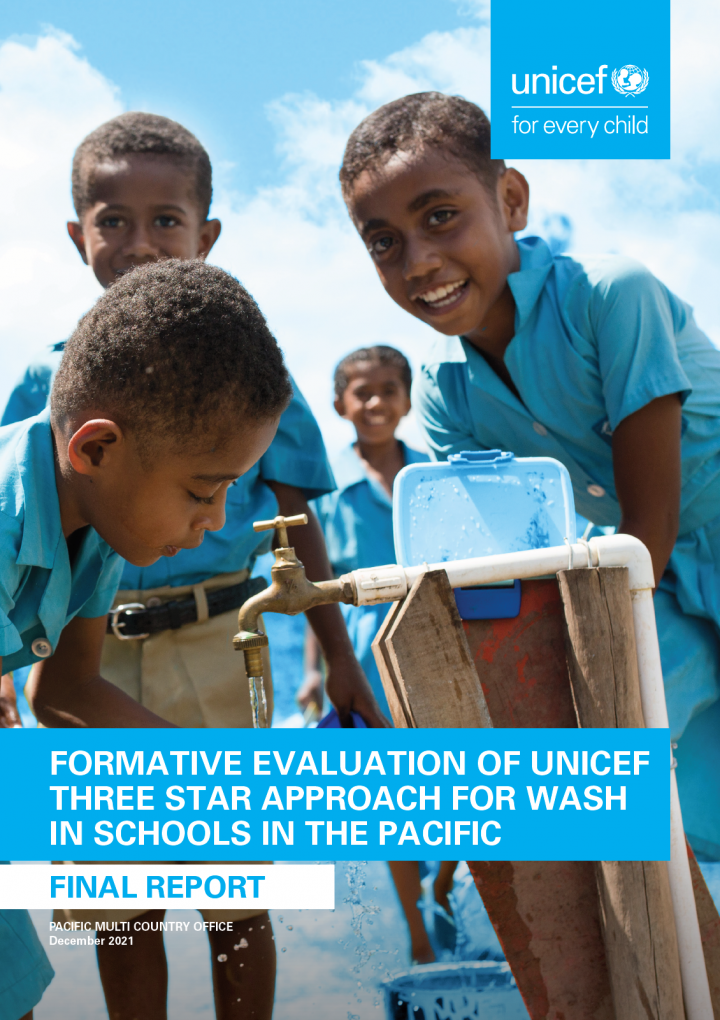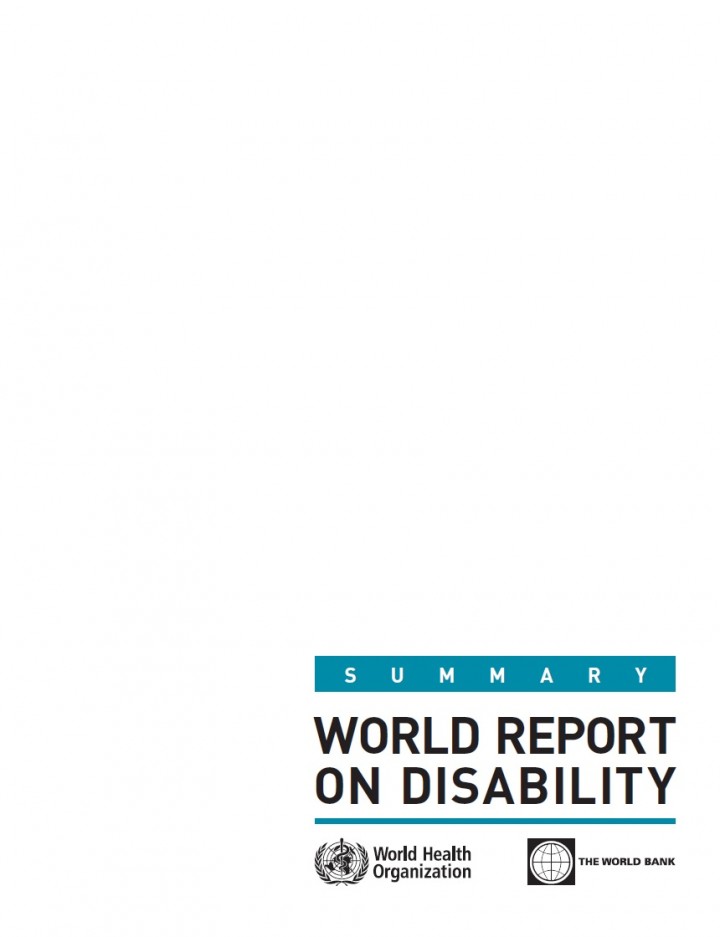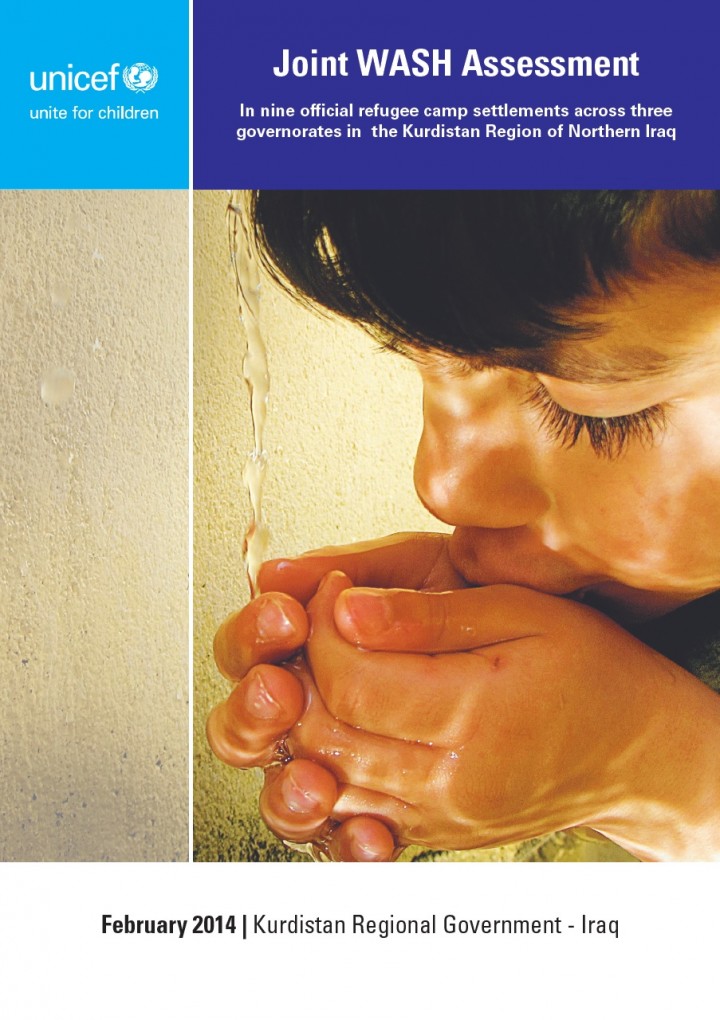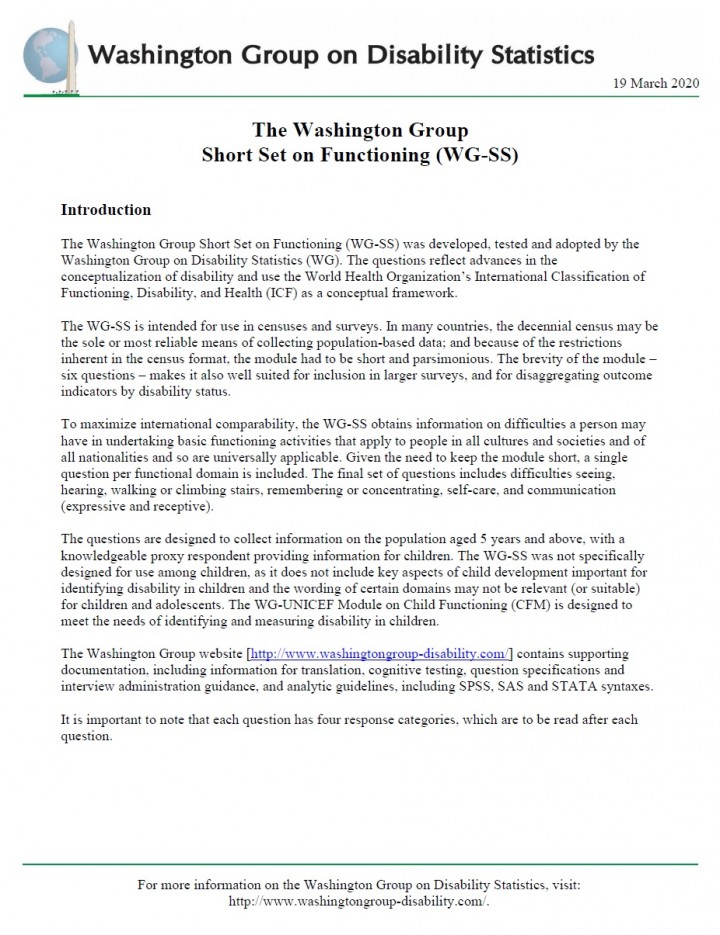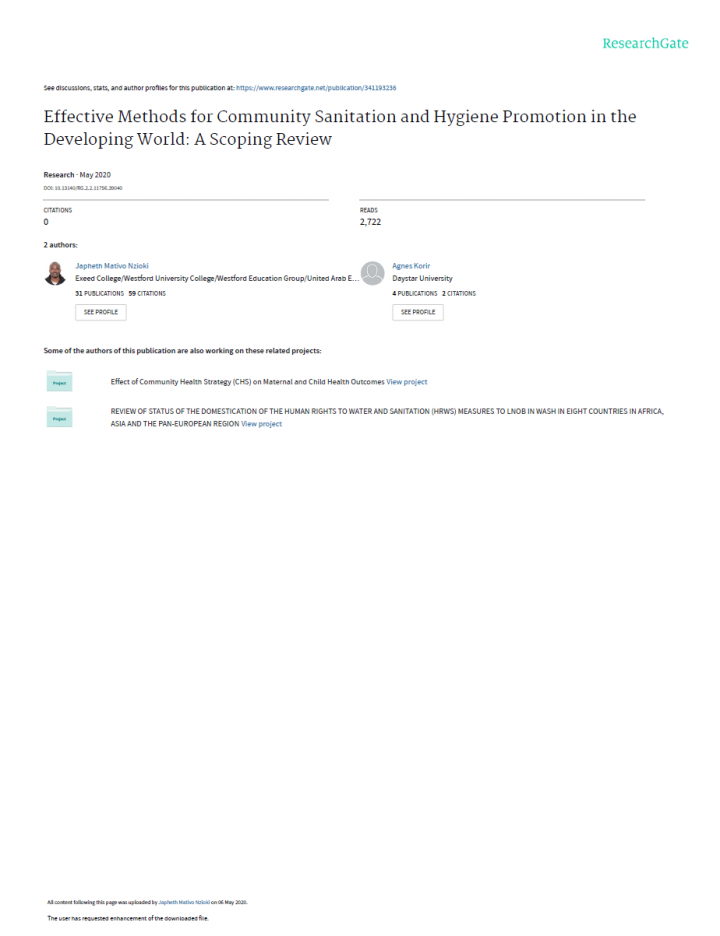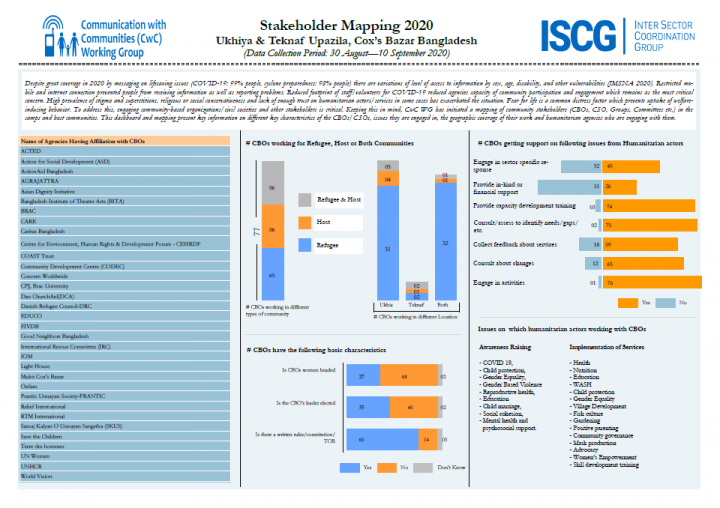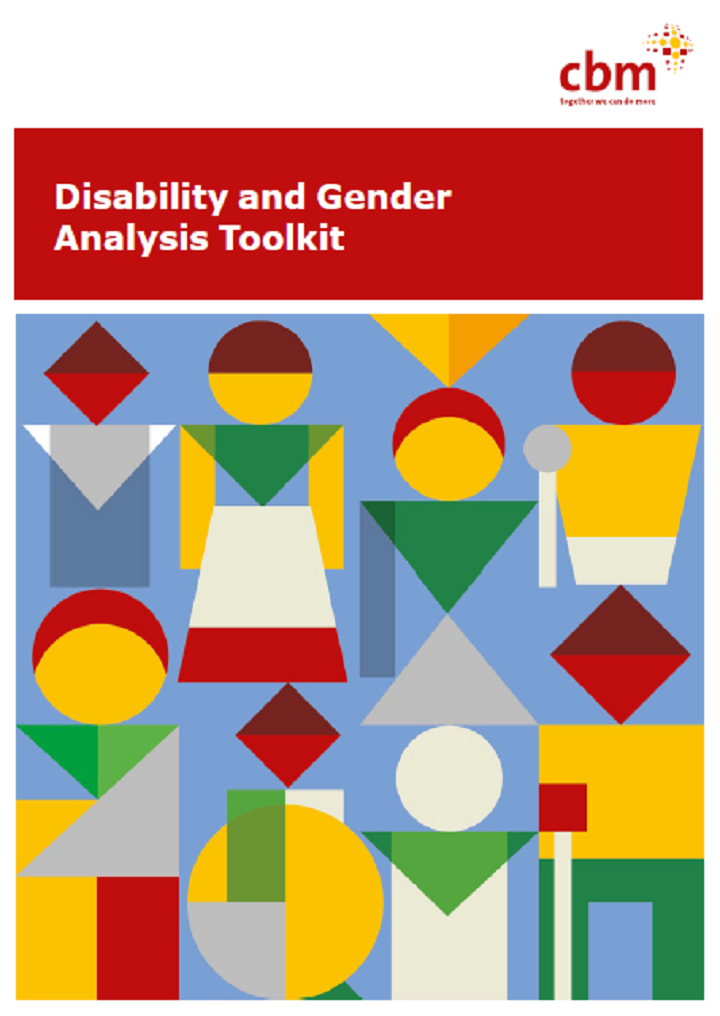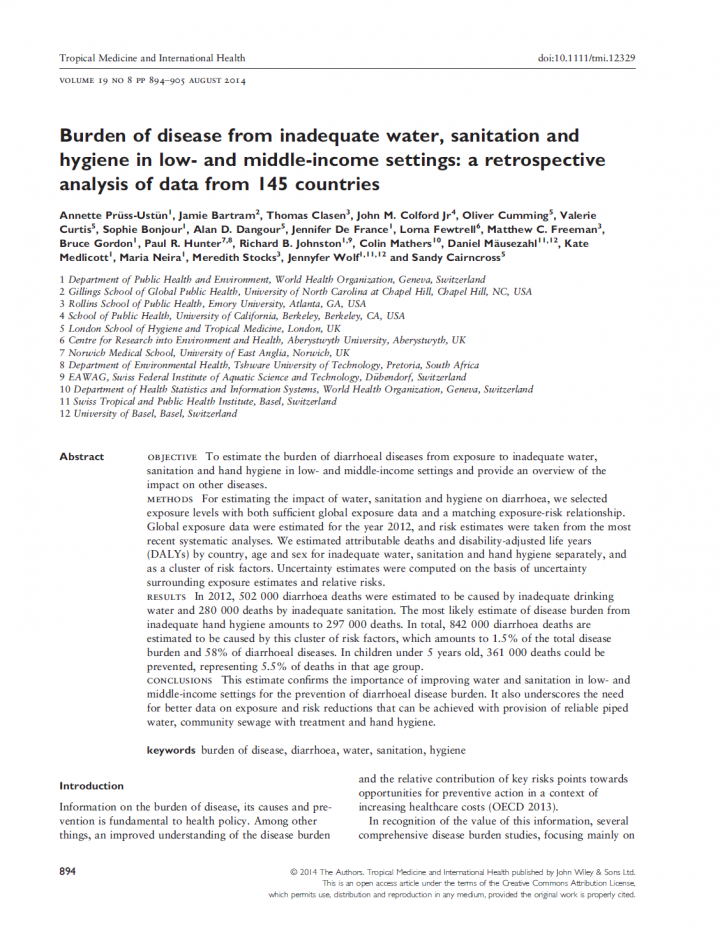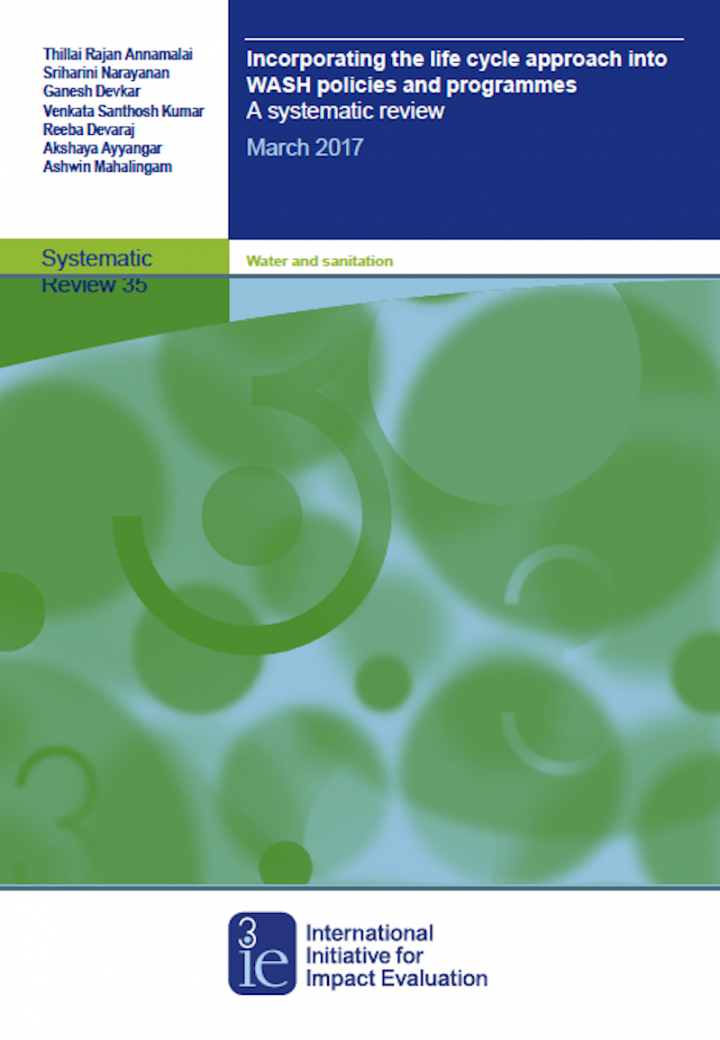Water for Women (2025) Gender Equality and Social Inclusion Self-Assessment Tool (Revised Edition)
The Gender Equality, Disability and Social Inclusion Self-Assessment Tool (GEDSI SAT) is a facilitation guide for climate resilience and development program managers, GEDSI advisers, researchers and interested members of staff, designed to support individual and collective reflective practice on the extent and quality of gender equality, disability and social inclusion work in programs and organisations. Drawing on a wealth of experience from across Water for […]
Juliet Willetts; Fraser Goff (2023) Learning Note 4: Research contributions to WASH systems strengthening
Water for Women aims to strengthen national and subnational water, sanitation and hygiene (WASH) systems in Asian and Pacific communities through greater emphasis on gender equality, disability and social inclusion (GEDSI), safely managed WASH and water security. This learning note highlights how research can contribute to WASH systems strengthening. It also demonstrates how the concept of ‘leverage points’ supports critical reflection on how research and […]
Water for Women (2022) Civil Society Engagement with the Private Sector for Inclusive WASH: Insights from Water for Women
This learning brief brings together the knowledge, experience and insights of water, sanitation and hygiene (WASH) sector civil society organisations (CSOs) in engaging with private sector actors in South Asia and South East Asia to foster gender equality, disability and social inclusion (GEDSI), sustainability of WASH programs, and critical thinking. It covers: • the various roles of the private sector in WASH service delivery systems • key […]
Water for Women (2022) Disability-inclusive WASH: Practice within Water for Women
This learning brief explores key lessons learnt from implementing disability-inclusive WASH projects and research across Water for Women – in particular, strategies that contribute to meaningful participation and equality of outcomes.
Water for Women (2020) Disability inclusion and COVID-19: Guidance for WASH delivery Guidance for Water for Women Fund implementing partners
Around 15% of the world’s population has a disability. People with disability are at increased risk of contracting COVID-19 and are more likely to be disproportionately affected by the health, economic and social impacts of the global health pandemic. Developed by Water for Women and CBM Australia to provide some key principles, considerations and actions which Water for Women Fund partners, and the WASH sector […]
Water for Women (2025) Integrating Risk and Resilience for Climate-Resilient WASH Programming
This brief shares key findings and insights from the first learning group (1) about integrating risk and resilience considerations for climate-resilient WASH programming. Definitions of climate risk and resilience and the application of the concepts are diverse and still evolving, including for the WASH sector. • ‘Climate risk’ is commonly understood as the potential for an adverse outcome influenced by the climate or a climate […]
Water for Women (2025) Strengthening Governance for Climate-Resilient WASH Systems
This brief shares key findings and insights from the second learning group (2) about strengthening governance for climate-resilient WASH systems. • WASH sector stakeholders are increasing efforts to strengthen the climate resilience of WASH development globally. • Integrating climate risk and resilience into WASH governance systems is central to these efforts, but is a new reform area in most settings. • Many frameworks for climate risk and resilience […]
Water for Women (2025) The Criticality of GEDSI for Climate-Resilient WASH
This learning brief shares key findings and insights from the third learning group (3) about the criticality of gender equality, disability and social inclusion (GEDSI) for climate-resilient inclusive WASH. • The most marginalised in communities are at the frontline of climate change hazards, uncertainty and impacts – they must be part of decision-making for context-appropriate and sustainable climate resilience solutions. • Transformative GEDSI considers the […]
Water for Women (2019) Disability Inclusive Systems Strengthening in WASH: How can we do it better
The growing commitment to disability inclusive WASH within the sector has seen much progress in terms of accessible WASH infrastructure at all levels and support for people with disability to manage their WASH needs within their households and communities. The WASH sector is also increasingly focused on the broader enabling environment for WASH policy and practice, or on strengthening ‘WASH systems’. The linkage of these […]
World Health Organization (2024) Water and Sanitation for Health Facility Improvement Tool (WASH FIT) for improved quality of care
The WHO/UNICEF Water and Sanitation for Health Facility Improvement Tool (WASH FIT) helps facilities to assess, manage and improve these critical services. This course covers the foundational concepts of WASH FIT, the methodology and examples of its application from a wide range of settings. It also includes six technical modules on water, sanitation, hand hygiene, health care waste, environmental cleaning and gender equality, disability and […]
Amita Bhakta, Sally Cawood, Mariam Zaqout and Barbara Evans (2022) Sanitation work: Realizing equity and inclusion in WASH
Recognition of the human right to water, sanitation and hygiene (WASH), and equity and inclusion concerns around gender, disability and age have led to crucial change in WASH programmes and policy, responding to commonly hidden issues such as menstrual hygiene, inclusive facilities for people with disabilities, and affordable services for residents of informal settlements. Despite progress toward realizing the rights of end users “to” sanitation, […]
UNICEF Pacific Multi Country Office (2021) Formative Evaluation of UNICEF Three Star Approach for WASH in Schools in the Pacific
The WASH in Schools (WinS) Three Star Approach (TSA) has been adopted in Fiji (from a pilot in 2015 but now is at scale), Kiribati (atoll island first implementation from 2015 to 2018), Solomon Islands (since 2016), in Vanuatu (since 2017) and 2018 introduction in the Federated States of Micronesia (FSM). The evaluation aims to understand whether WinS TSA is achieving the intended results and […]
WHO, World Bank (2011) World Report on Disability Summary
The first ever World report on disability, produced jointly by WHO and the World Bank, suggests that more than a billion people in the world today experience disability. People with disabilities have generally poorer health, lower education achievements, fewer economic opportunities and higher rates of poverty than people without disabilities. This is largely due to the lack of services available to them and the many obstacles […]
UNICEF (2014) Joint WASH Assessment In Nine Official Refugee Camp Settlements Across Three Governorates in the Kurdistan Region of Northern Iraq
This report presents the findings of a joint water, sanitation and hygiene (WASH) assessment conducted in nine official refugee camp settlements across three governorates in the Kurdistan Region of Northern Iraq (Dohuk, Erbil and Sulaymaniyah). The Syrian refugee population targeted by this assessment lives in permanent and transitional shelters in the nine camps. They receive various WASH interventions/services from a number of government, non-governmental and […]
Washington Group on Disability Statistics (2020) The Washington Group Short Set on Functioning (WG-SS)
The WG Short Set of six questions on functioning for use on national censuses and surveys was developed, tested and adopted by the Washington Group on Disability Statistics (WG). The questions reflect advances in the conceptualization of disability and use the World Health Organization’s International Classification of Functioning, Disability, and Health (ICF) as a conceptual framework. In a break from the past and the medicalization of […]
Nzioki, M.N., Korir, A (2020) Effective Methods for Community Sanitation and Hygiene Promotion in the Developing World: A Scoping Review
World Health Organization data on the burden of disease shows that approximately 3.1% of deaths (1.7 million) and 3.7% (54.2 million) of disability-adjusted-life-years (DALYs) worldwide are attributable to unsafe water, sanitation and hygiene. In Africa and developing countries in South East Asia 4-8% of all disease burdens are attributable to poor hygiene and sanitation. Over 99.8% of all deaths in developing world are attributable to […]
Communications with Communities Working Group (2020) Stakeholder Mapping 2020
Despite great coverage in 2020 by messaging on lifesaving issues (COVID-19: 99% people, cyclone preparedness: 98% people) there are variations of level of access to information by sex, age, disability, and other vulnerabilities (JMSNA 2020). Restricted mobile and internet connection prevented people from receiving information as well as reporting problems. Reduced footprint of staff/volunteers for COVID-19 reduced agencies capacity of community participation and engagement which […]
CBM (2019) Disability and Gender Analysis Toolkit
Prüss-Ustün, A., Bartram, J., Clasen, T., Colford, J. M., Jr, Cumming, O., Curtis, V., Bonjour, S., Dangour, A. D., De France, J., Fewtrell, L., Freeman, M. C., Gordon, B., Hunter, P. R., Johnston, R. B., Mathers, C., Mäusezahl, D., Medlicott, K., Neira, (2014) Burden of disease from inadequate water, sanitation and hygiene in low- and middle-income settings: a retrospective analysis of data from 145 countries
Objective To estimate the burden of diarrhoeal diseases from exposure to inadequate water, sanitation and hand hygiene in low- and middle-income settings and provide an overview of the impact on other diseases. Methods For estimating the impact of water, sanitation and hygiene on diarrhoea, we selected exposure levels with both sufficient global exposure data and a matching exposure-risk relationship. Global exposure data were estimated for the year 2012, […]
Annamalai, T.R., Narayanan, S., Devkar, G., Kumar, V.S., Devaraj, R., Ayyangar, A., Mahalingam, A. (2017) Incorporating the Life Cycle Approach into WASH Policies and Programmes: A Systematic Review
The paradigm for identifying the beneficiaries and understanding their needs and requirements for delivery of WASH services has evolved over time. Initially, governments started with the overarching objective of providing universal access to WASH services. During the MDG period, there was increased thrust to understand the specific needs and requirements of different population segments, in order to ensure equitable access. By addressing the access needs […]
